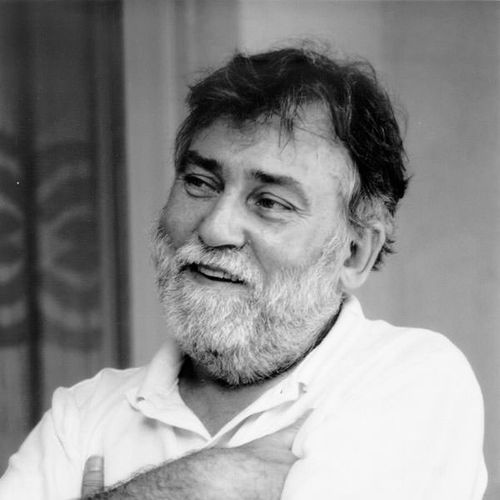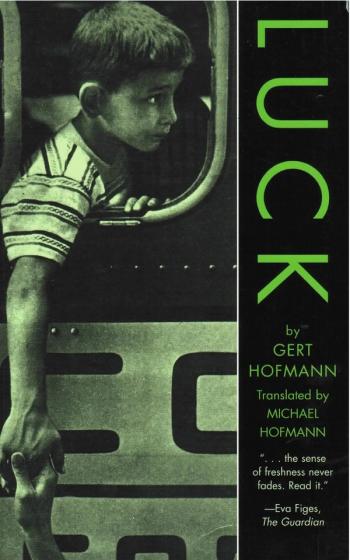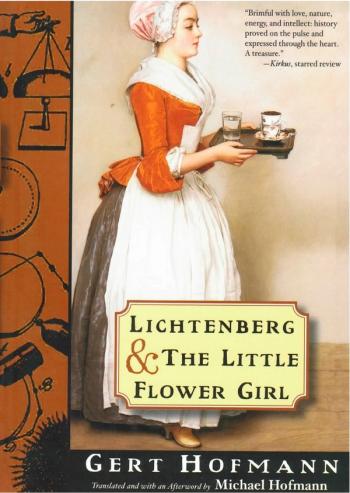Goethe, Nietzsche, Schopenhauer, Kierkegaard, Wittgenstein, Tolstoy, Einstein – all praised the writings of Georg Christoph Lichtenberg (1742-1799), a mathematician, physicist and astronomer by profession, and an aphorist and satirist on the sly. In Lichtenberg and the Little Flower Girl, novelist Gert Hofmann weaves a wondrous fictionalized tale of Lichtenberg’s real-life romance with “the model of beauty and sweetness,” Maria Stechard, a flower seller he meets one day near his laboratory in Gottingen. “The greater part of what I commit to paper is untrue, and the best of it is nonsense!” says Lichtenberg, our hunchbacked hero. His daily life of “wrestling with death,” of electricity machines and exploding gases, is plunged into new passion the day he encounters the Stechardess: “Something is found that was lost for a long time.” Soon he teaches her to read and write, she helps him keep house… and then? Colored with Lichtenberg’s boisterous, enlightening meditations on life, death and everything in-between, this stunning fable-of-awakening was described by The Washington Post as “a quiet and convincing description of human happiness… a fine and original book.”


